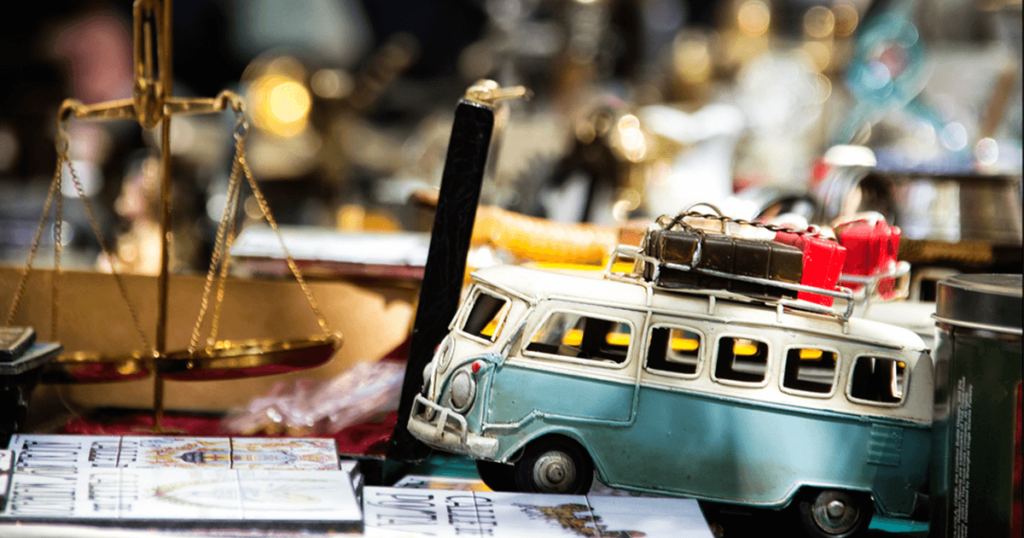
Cartera is wallet, and the pickpockets who would take yours from you are called carteristas. They abound in big cities, so when going out in Madrid, I leave my wallet safely behind, believing still that it’s not my pocket that will be picked but my wallet that will be lifted. That’s how language lends a false sense of security. As far back as my first year in Spain, when I lived in Madrid, I tucked my bills into one pocket and ID into the other, and, leaving my change purse behind, set out for the Rastro, the flea market, carried along in the crowds, gently jostling and being jostled. For safe measure, I put my hands in my pockets, clutching my valuables in my fists.
The day was fine, as I know because the memory is so fresh. I wore the typical Spanish peasant shoe, a version of what my mother called espadrilles, known here as alpargatas, not very comfortable and, with the rope sole, no good at all on a freshly washed street, but at least cool. Back in those days, flip-flops did not exist in this country, and Madrid was hot. I wore a pair of black cotton shorts and a white T-shirt. It was a Sunday.
In the crowd at the top of Ribera de Curtidores Street, looking at bird cages on one side and pottery from Toledo on the other, I suddenly felt a burning pain on my arm, and yanked it away from the source: a young fellow with curly hair and a surprised, apologetic look. “Sorry,” he said, moving on, his cigarette cupped in his hand. I looked at my elbow where I’d been burned. It hurt, but not more than a blister from my shoes, definitely not enough to upset the day, I thought, moving along.
Three steps later, still maneuvering in the crowd, I chanced to look down, and there on the pavement a step ahead was my own ID. Astonished, I bent and picked it up. I had not yet passed this stretch, so how had it fallen out of my pocket to land here?
You’d think with the warnings I’d had, the truth would have dawned sooner: it hadn’t fallen out but been dropped there by a young man with curly hair, dexterous enough to handle a lit cigarette while he rifled my pockets, lifting what he found, keeping the bills from one and discarding the ID from the other. A little clumsy with the cigarette? I don’t think so. What better way than pain to control someone’s attention?
I hadn’t felt a thing besides the cigarette burn. That and the heat on my face when the truth occurred to me. I did remember his apology, a thoughtful touch, considering that he was just doing his job.
He got 1,000 pesetas off me, about 10 bucks. In return, he gave me the day, at least a portion of it, enduring for 30 years now when others have passed leaving no trace. It’s funny about your life—no one takes the days from you, you just lose them along the way. But there I still am, black shorts and white T-shirt, feet hurting from the shoes, my elbow stinging, the blue-and-white pottery from Toledo spread across a canvas cloth on the cobbled street, glaze glinting in the bright spring sun.

